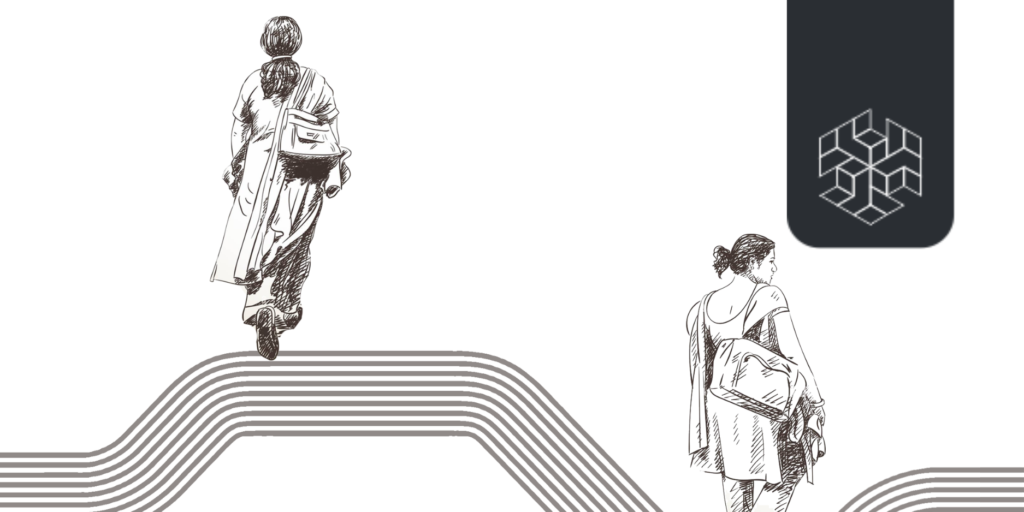Authored by: Radhika Nair
Edited by: Kausumi Saha
ABSTRACT
This paper attempts to analyse the recently passed amendments to the Unlawful Activities (Prevention) Act (UAPA), under the broader legal discourse relating to counter-terrorism, national security and human rights concerns. It further looks at UAPA in light of domestic jurisprudence on fundamental rights protection as well as various international legal instruments to assess its compatibility with universally accepted human rights norms.
INTRODUCTION
India’s security law regime has evolved significantly since the days of its conception during pre-independence years. Given the country’s distinct position as a multicultural, multi-religious and multilingual country, the greater part of India’s security struggles in the post-independence period have been due to internal conflicts. The most commonly encountered security threats to its territorial integrity have been due to political uprisings in Punjab, militant activities in Jammu and Kashmir (J&K), insurgent groups in the northeastern states and the Naxalite movement in central India (Manoharan 2009: 20).
The situation has resulted in various anti-terror laws to be enacted in India over the years. The Unlawful Activities (Prevention) Act of 1967 (UAPA) is one such law, currently the only remaining nation-wide counter-terrorism law in India since the Terrorist and Disruptive Activities (Prevention) Act, 1987 (TADA) and the Prevention of Terrorism Act, 2002 (POTA) were repealed.
Enacted as a temporary measure in 1985 to meet the challenges posed by violent extremism in Punjab, TADA was allowed to lapse in 1995 following criticism regarding its provisions on bail and detention, as well its arbitrary implementation and poor conviction rate (Noorani 2012: 81-88). POTA was introduced in 2001 and passed a year later, fuelled by growing international concern for counter-terrorism laws in the wake of the 9/11 attacks in the US, and India’s brush with terrorism with the attack on the Indian Parliament on 13th December 2001. It retained several provisions from TADA but in a more comprehensive manner. It was repealed in 2004 after it faced similar criticism regarding its misuse and overall effectiveness as its predecessor (Noorani 2012: 89-97).
The UAPA was enacted in 1967, and has been amended several times since, the most recent amendment taking place in 2019, to provide for the notification of individuals as terrorists within the meaning of the Act1. However, the amendment has seen widespread criticism. For instance, Sections 35 and 36 of the 2019 Act have been criticised explicitly for infringing on the individual’s fundamental rights under Articles 14, 19 and 21, relating to the right to equality, freedom of speech and expression, and right to life respectively.



